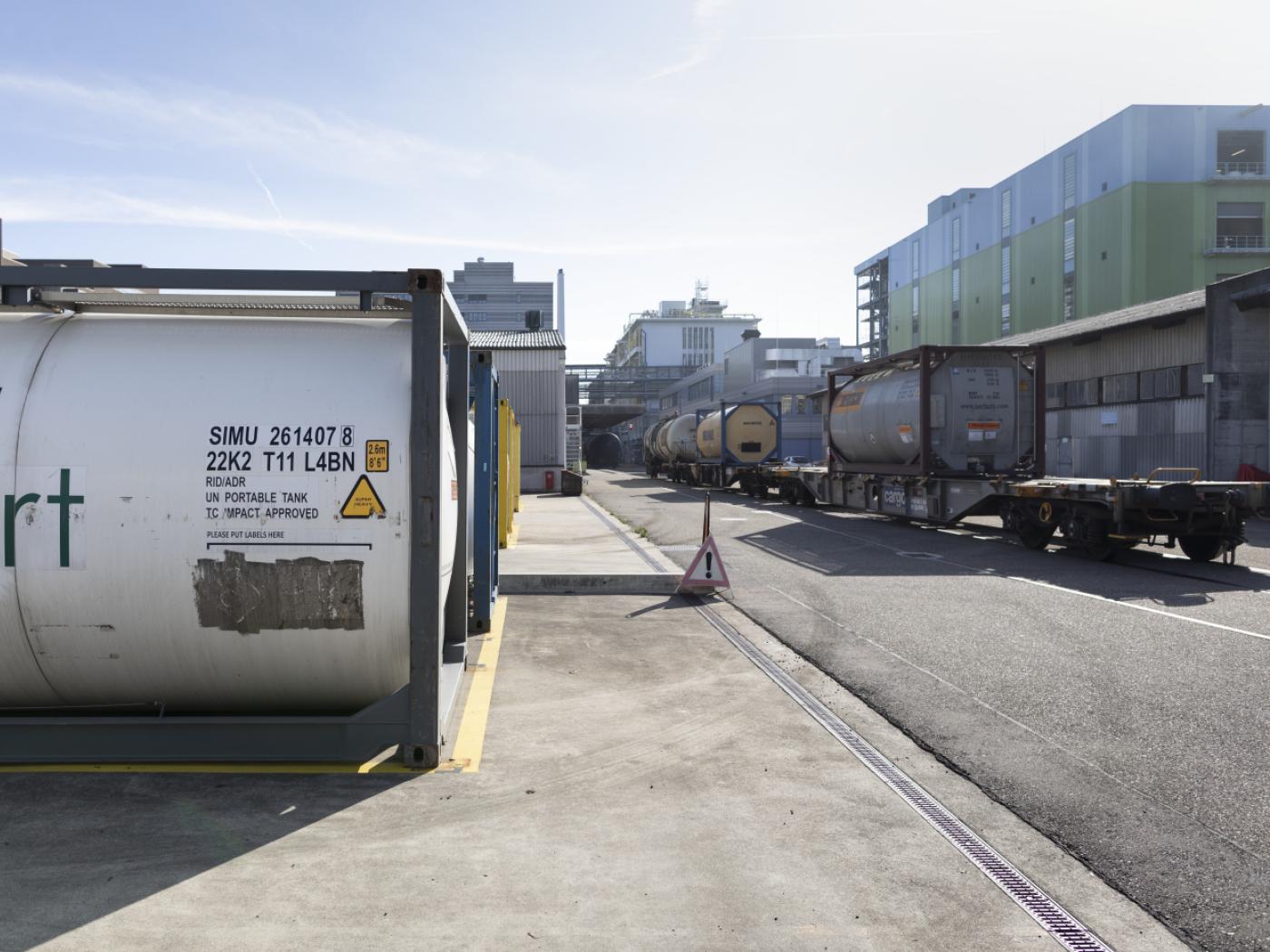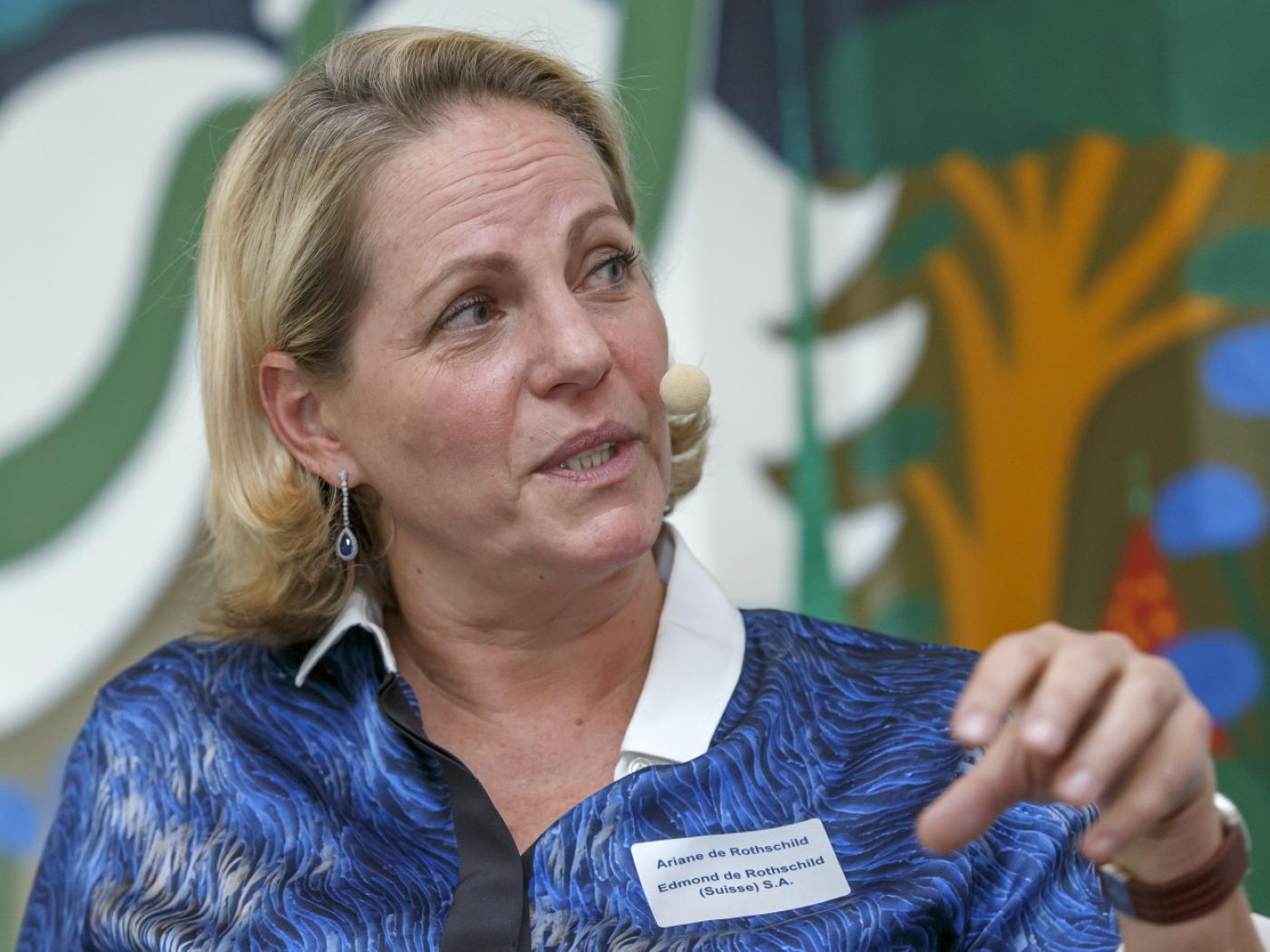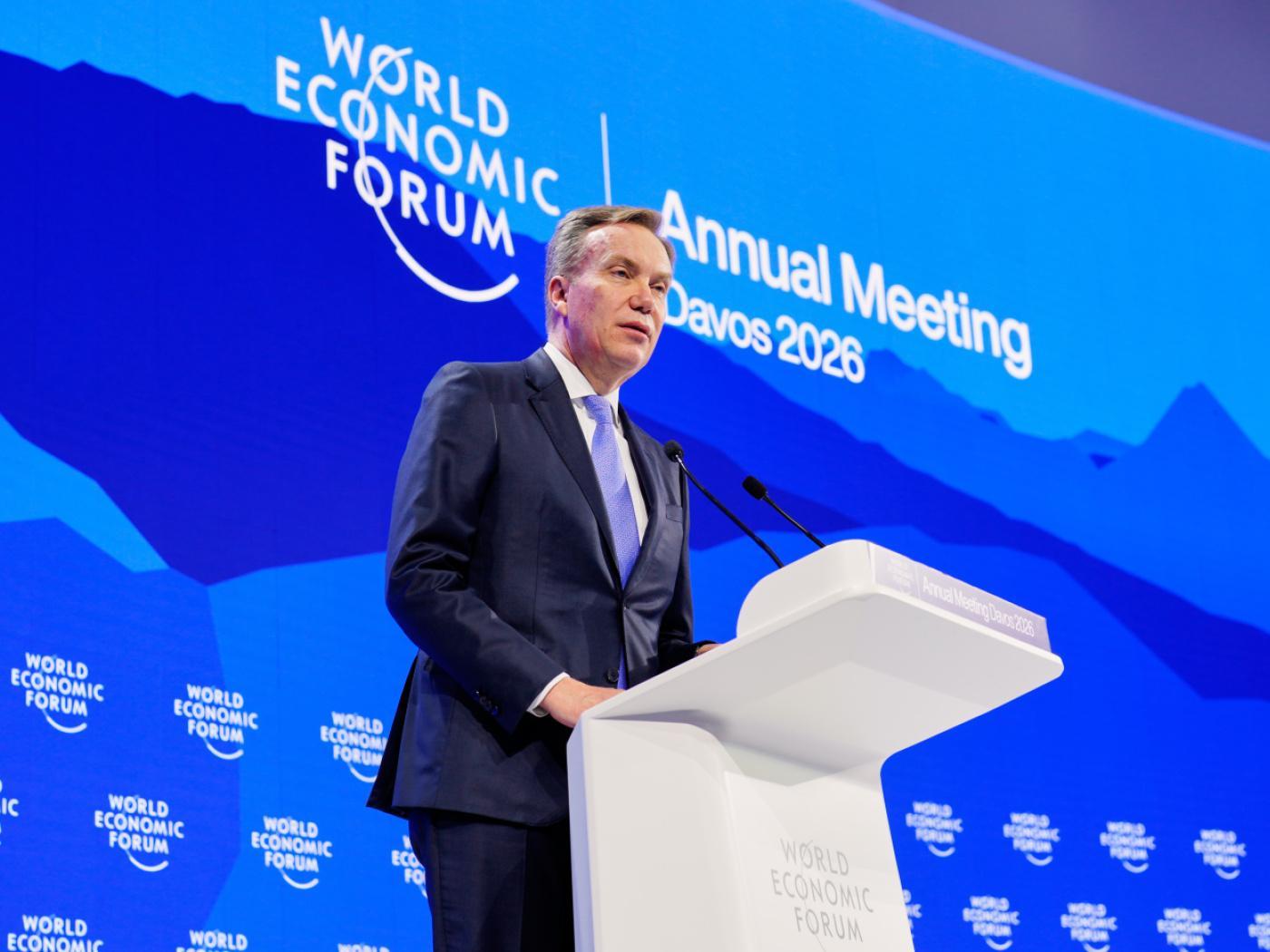Jamaica is a small island in the British West Indies, but despite its stature, this tiny nation has elicited the attention of global elites. In politics, Jamaica’s voting behavior at the United Nations is closely monitored by her neighbors in the Caribbean and the global community because she commands influence. Due to historical and cultural complexities, Jamaica is a magnet for academic research, and writing about the country has manifested into a cottage industry. Consistent with her fame, those who study Jamaica tend to be heavyweights in academia. Luminaries from Jeffrey Williamson to Josh Lerner pen intellectual missiles on Jamaica’s economy.
Always in the den of controversy, Jamaica’s recent economic performance has motivated a lively debate between economist Noah Smith and intellectual entrepreneur Rasheed Griffith. Writing in the virtual pages of Substack, these thinkers present divergent images of Jamaica to the globe. Economist Noah Smith contends that notwithstanding policy mishaps, Jamaica is doing well and has managed to evade the resource curse. Smith touts the enduring stability of Jamaica’s democracy as a profound achievement that continues to inspire other countries.
However, Bajan Rasheed Griffith adopts a more pragmatic position. Griffith posits that Jamaica’s progress is stymied by an antisocial culture that perpetuates the most corrosive form of violence. His article likens Jamaica to a volcano that can erupt at any point. Griffith reveals data to illuminate the gravity of emigration from Jamaica as evidence that the country is not heading in the right direction. He paints a picture of a country mired in anomie and economic regression to the shock of some readers. Although Griffith’s analysis is more practical than Smith’s, key variables are omitted.
Indeed, violence and corruption continue to plague Jamaica; however, under the economic reform program sponsored by the International Monetary Fund (IMF), Jamaica was compelled to pursue a raft of promarket measures. This policy has been bearing fruit as indicated by rising growth rates. In the context of Jamaica, this is a mammoth achievement since the country is known for economic stagnation. Unlike previous reform efforts, the IMF program was implemented without interruption, even after a change in government in 2016.
Policy continuity is not the norm in Jamaica, so this act of bipartisanship led to an outpouring of praise by the international community. The political establishment was adamant that these reforms had to succeed, so to ensure that the program received widespread support, the Economic Production Oversight Committee (EPOC) was established in 2013 to guard the economic agenda from falling prey to political expediency. EPOC consisted of representatives from a wide cross section of society, including the private sector and trade unions. The operations of EPOC were quite different from the typical committee; this body produced reports measuring government targets and frequently communicated with the public.
The credibility of EPOC aided the success of the IMF program by cultivating social capital in a low-trust society. Promising reforms but failing to deliver was the norm for Jamaican politicians, but the IMF program ushered in a critical juncture in Jamaica’s history. There was wholesale consensus that failing to succeed this time would relegate Jamaicans to a bleak future. For the first time in its independent history, Jamaica’s parliament passed laws with alacrity. Bankruptcy law was modernized, public sector pension reform was achieved, and incentives for special business groups were repealed.
Jamaica’s achievements have not gone unnoticed, and the island is routinely lauded by international agencies for astutely managing the economy. A noteworthy accomplishment is that the island’s ratio of debt to gross domestic product is at a record low and declining unemployment has become a consistent trend. Jamaica is so successful that international technocrats argue that it has become a model for other countries because it did not suffer from reform fatigue but rather experienced a reform fever.
These audacious reforms represent a watershed moment in Jamaica’s history. To the surprise of many, Jamaica even legislated a fiscal policy to prevent deviations from financial targets. However, this can be suspended in emergency events such as severe economic fallouts or natural disasters. Likewise, Jamaica demonstrated maturity in 2021 when the Bank of Jamaica Act was amended to grant the Bank of Jamaica full latitude to design monetary policy. Independent central banks are effective at managing inflation, according to research, and this has been the Jamaican experience.
Yet glowing achievements mask deep-seated troubles. Elaborating on Jamaica’s successes in a prominent daily, Minister of Finance Nigel Clarke admits that “Jamaica’s real per capital GDP, or average income per person adjusted for inflation, is ‘20 per cent less today than it was in 1970.’” The harrowing truth is that the economy is still not generating the dynamism required to reverse the legacies of economic stagnation. Furthermore, former governor of the Bank of Jamaica was prophetic in 2017 when he noted that although the unemployment rate of 11.6 percent was commendable, a paucity of skilled workers would ignite a crisis:
This represents the lowest unemployment rate since July 2009 and suggests that employment is growing faster than the labour force. . . . While these numbers are heartening, they also suggest that Jamaica is beginning to approach its capacity in terms of skilled labour. It is therefore critical for the country to increase the pool of skilled workers.
The possibility of a better future for Jamaica is thwarted by its human capital deficit and low productivity. Almost 70 percent of workers lack certification and expertise for the tasks they perform in the workplace, and despite low unemployment, over four hundred thousand people are disengaged from work. In a clinical examination of these pitfalls, the Gleaner bemoans that from 2018–22 productivity declined yearly at a rate of 0.8 percent. Compounding the problem is Jamaica’s limited investment in research to propel innovation.
Indeed, the government is establishing the macroeconomic framework to conduce growth, but without an efficient labor force and an innovative private sector, reform efforts will not translate into national prosperity. Jamaican entrepreneurs are often chided for their lack of innovation and foresight to think ahead. In America, Germany, and the United Kingdom businesses have stepped up to the plate by investing in apprentices and R and D facilities; however, in Jamaica the mindset is that the government must be the first mover in research and training.
Except for a few corporations, Jamaican business leaders usually rely on instruction from others before effecting change. The complacency of the private sector contributes to the country’s implementation deficit. If Jamaican entrepreneurs were innovative or forged smart partnerships with foreign investors instead of waiting on the government to act, a major economic project like the Caymanas special economic zone would have materialized years ago.
In sum, both Smith and Griffith raised interesting observations about Jamaica’s future. Smith is correct that the economy is improving, but he is wrong that Jamaica is okay because there is much to be done. Griffith’s assessment that Jamaica faces serious obstacles is true, but it obscures the potential for future growth and reduces complexities to a culture of violence. Jamaica is on the right path, but it must overcome several hurdles before it joins the league of progressive nations.
Full story here Are you the author? Previous post See more for Next postTags: Featured,newsletter



























